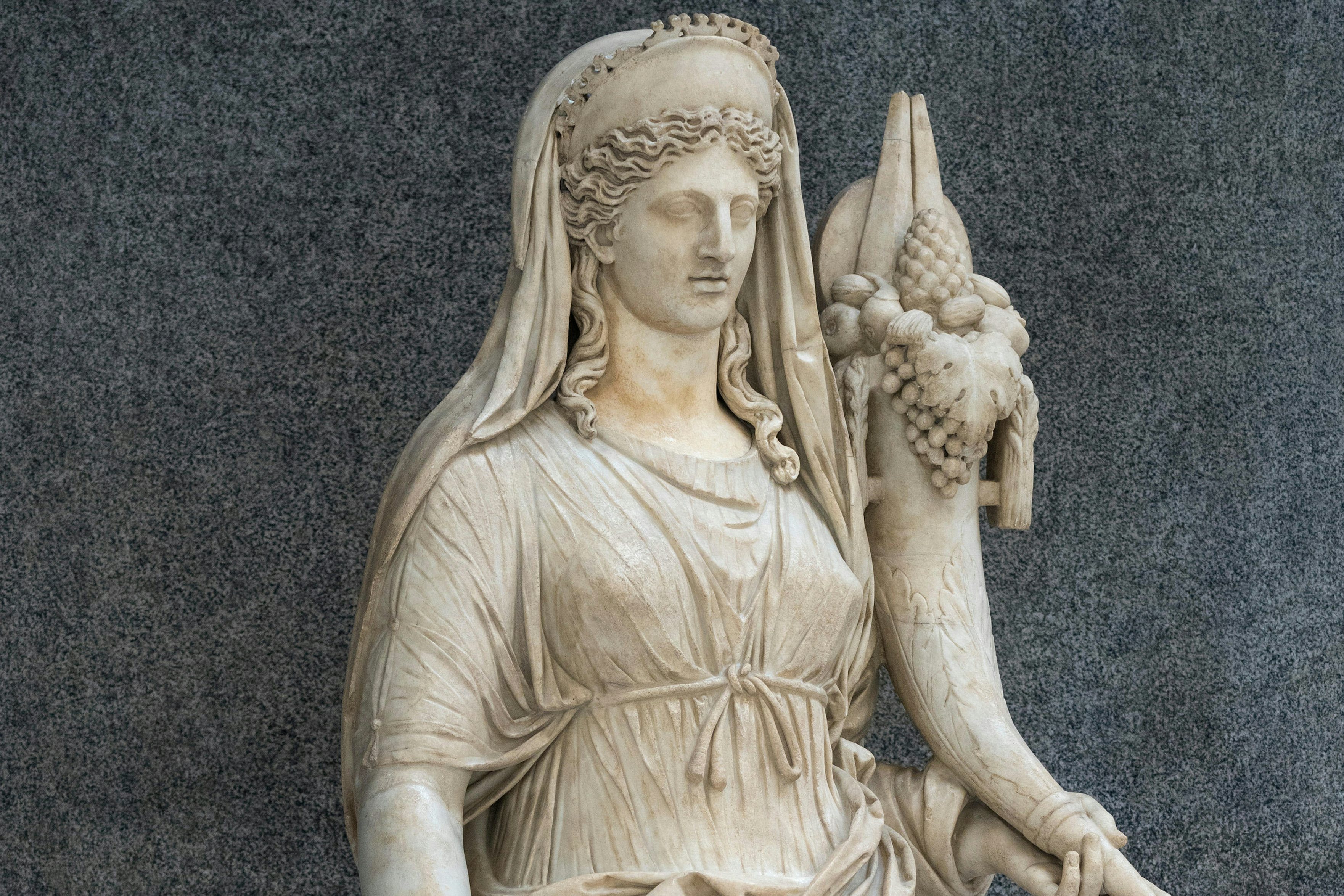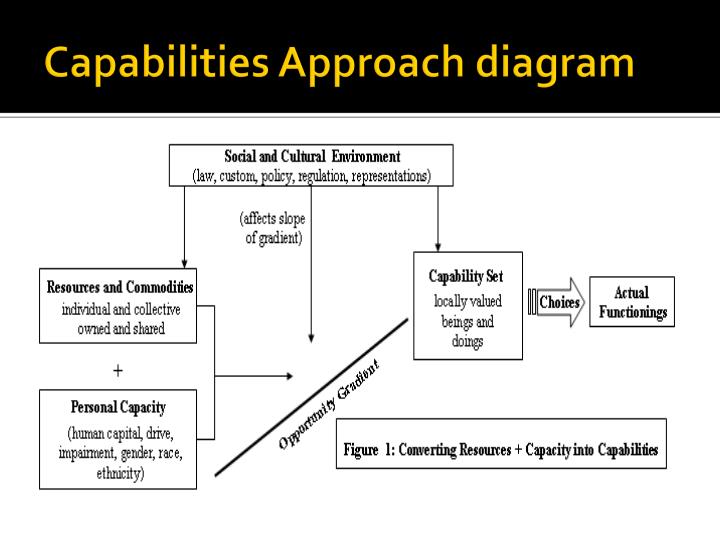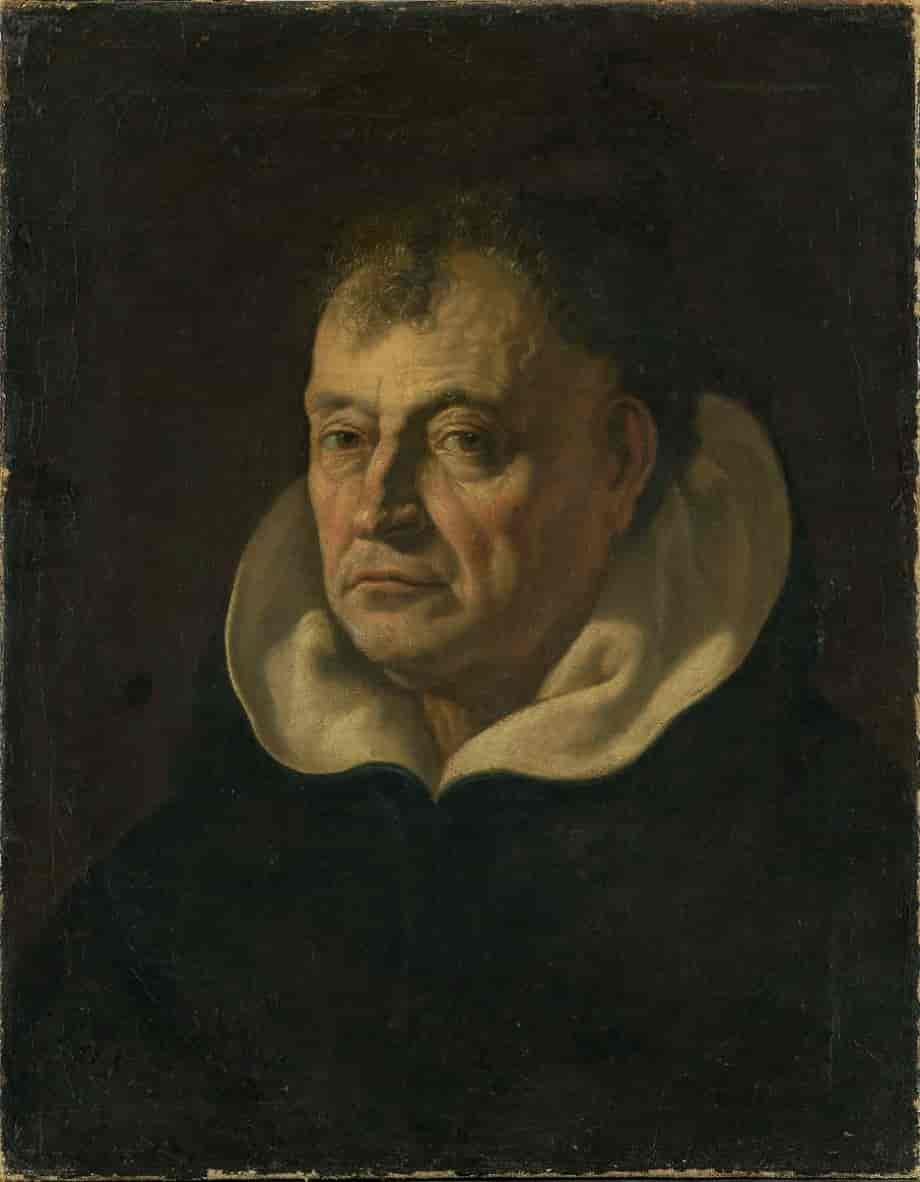Our current moment is defined by an obsession with the new, a new for new’s sake that no longer exists on a timeline, but has rather become epistemologically, spiritually, necessary. This obsession was born with modernity, the Renaissance, the ‘discovery’ of the New World and the desire to have a blank slate, a new society without ties to the past. As we know, that never existed. Professor Francesco Erspamer contrasts this with political philosopher Machiavelli’s different modernity: one that privileges, above all, duration in time. He defends a reformulation of the present moment that would better allow us to survive current crises. The basis of this short article, and in general of my studies in recent years, is the conviction that modernity, as it affirmed and represented itself, was based on a single concept: the new. Which at the dawn of the 16th century began to be understood no longer in a temporal sense, to indicate a recent…
Read the full article which is published on IAI TV (external link)







